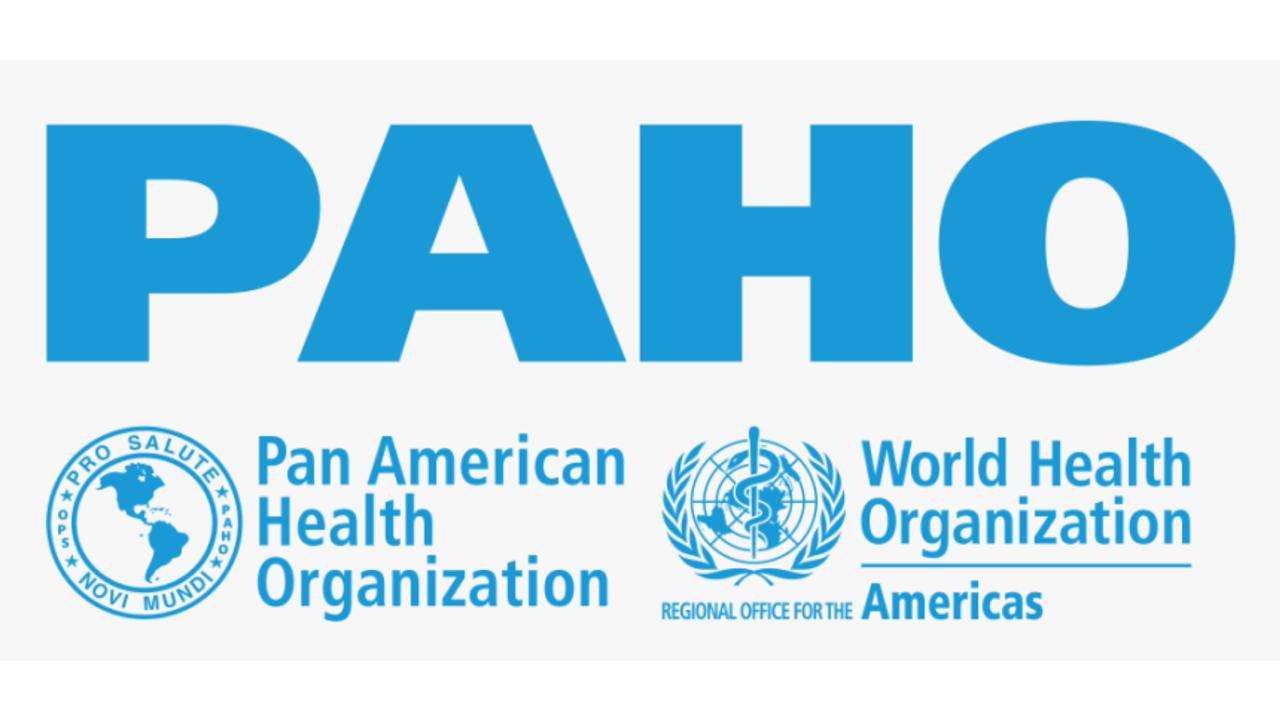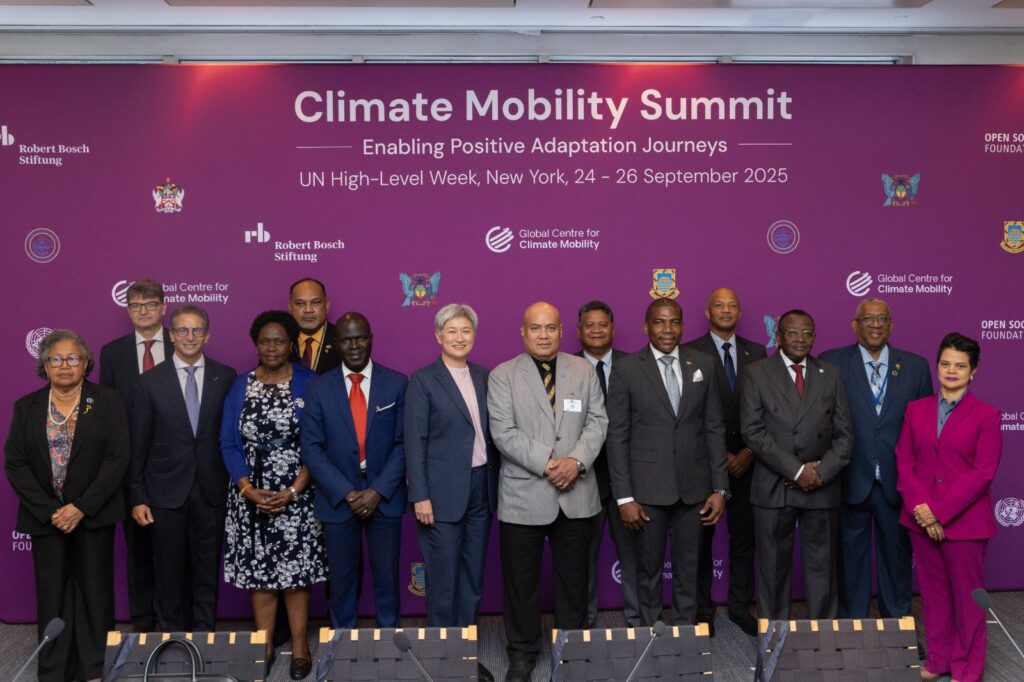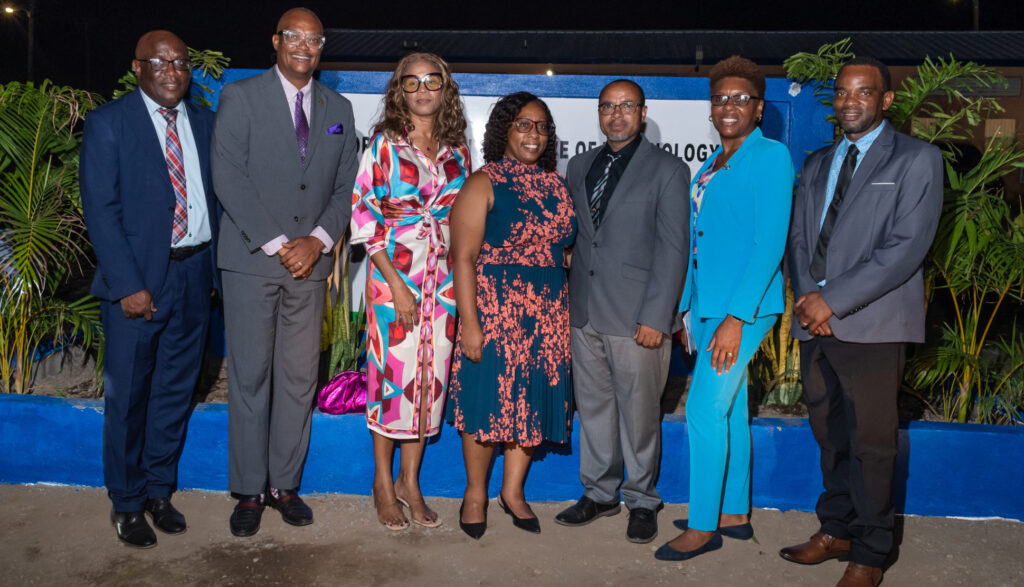PAHO and Takeda in Preliminary Price Negotiations for Dengue Vaccine
The Pan American Health Organization (PAHO) is engaging in preliminary discussions with the Japanese pharmaceutical company, Takeda, regarding potential procurement of their newly developed dengue vaccine, QDENGA. This comes in the wake of promising clinical trial results indicating the vaccine’s efficacy in preventing dengue infections and severe cases. PAHO Director Jarbas Barbosa expressed optimism about the vaccine’s potential, citing a study showcasing its impressive performance in preventing 61% of dengue infections and a remarkable 85% of severe cases. This development offers a renewed hope in the fight against dengue, particularly after the setbacks experienced with Sanofi’s Dengvaxia, which faced limitations in its use due to concerns about increased risk in certain populations. The potential introduction of QDENGA could be a significant step forward in combating this debilitating mosquito-borne disease that claims thousands of lives annually, primarily among children.
Dengue fever, a mosquito-borne viral illness, poses a significant global health challenge, particularly in tropical and subtropical regions. While the majority of dengue infections result in mild, flu-like symptoms, a small percentage can progress to severe dengue, characterized by life-threatening complications such as hemorrhagic fever and dengue shock syndrome. Currently, there are no specific antiviral treatments or cures for dengue, making preventative measures like vaccination crucial in controlling the spread and impact of the disease. The World Health Organization estimates that between 20,000 and 25,000 individuals, mostly children, succumb to dengue each year. The development and potential widespread availability of an effective vaccine like QDENGA could significantly reduce this mortality rate and lessen the burden of dengue on healthcare systems worldwide.
QDENGA has already received regulatory approval in several countries, including Brazil, Indonesia, and the European Union, marking a significant step towards its broader availability. PAHO’s proactive engagement with Takeda, even before a formal recommendation from the World Health Organization, underscores the urgency and potential impact of this vaccine. The organization is keen to secure favorable pricing, particularly through leveraging the collective purchasing power of its member states. If larger countries like Brazil, Mexico, and Colombia participate in joint procurement through PAHO’s revolving fund, they can negotiate lower prices, making the vaccine more accessible to vulnerable populations. This collaborative approach to vaccine procurement is a key strategy in ensuring equitable access to essential health interventions in the Americas.
However, the successful implementation of any vaccination program hinges on public trust and acceptance. PAHO officials have expressed concerns about the rise of vaccine misinformation, a phenomenon amplified during the COVID-19 pandemic, which has negatively impacted the uptake of other vital vaccines like those for polio and measles. This hesitancy towards vaccination poses a serious threat to public health and can lead to the resurgence of preventable diseases. The Caribbean region, particularly vulnerable due to the pandemic’s impact on its health infrastructure and increasing vaccine hesitancy among parents, faces a heightened risk of outbreaks, especially with the added influx of tourists potentially carrying imported diseases.
Addressing vaccine hesitancy requires a multi-pronged approach. It involves clear and consistent communication from health authorities, dispelling misinformation, and engaging with communities to address their specific concerns. PAHO’s emphasis on combating misinformation and promoting vaccine confidence is critical to ensuring the success of any future dengue vaccination campaign. Furthermore, addressing the underlying factors contributing to vaccine hesitancy, such as access to healthcare and socioeconomic disparities, is essential for building trust and achieving widespread vaccine coverage.
The potential introduction of QDENGA presents a significant opportunity to combat dengue fever, a debilitating and sometimes fatal disease. The promising efficacy data, coupled with PAHO’s proactive approach to procurement and addressing vaccine hesitancy, offers hope for mitigating the impact of this widespread disease. However, the success of any vaccination campaign relies on sustained efforts to build public trust, ensure equitable access, and maintain robust surveillance systems to monitor the vaccine’s effectiveness and address any emerging challenges. The collaborative efforts of international organizations, governments, healthcare providers, and communities will be crucial in realizing the full potential of this new vaccine and protecting vulnerable populations from the devastating consequences of dengue fever.
Share this content:












Post Comment